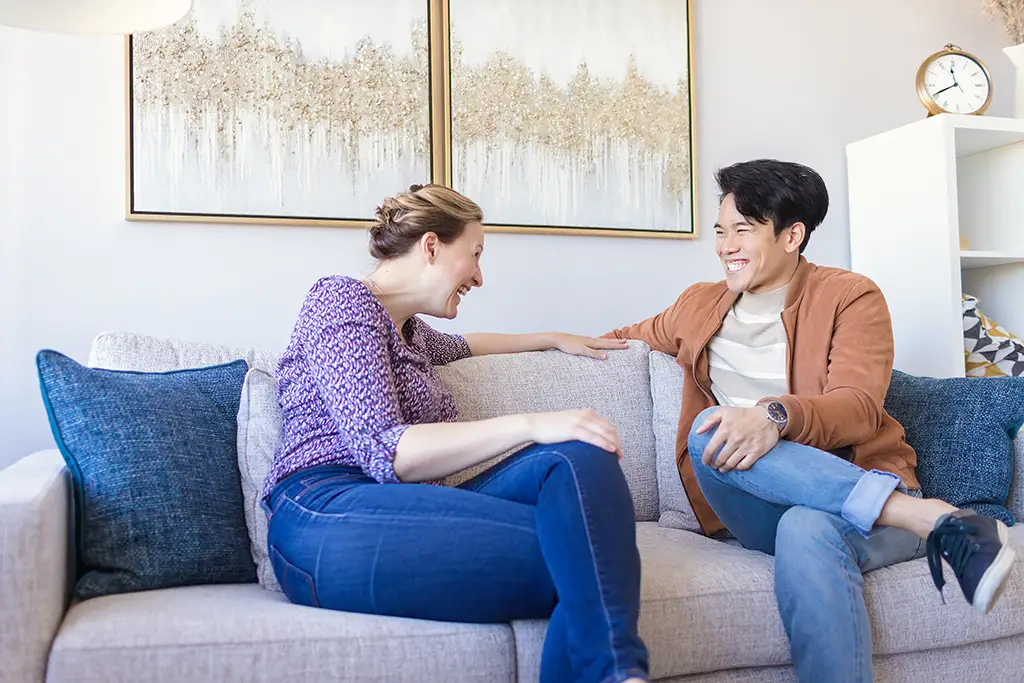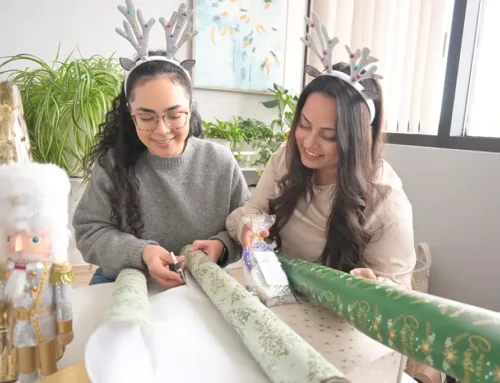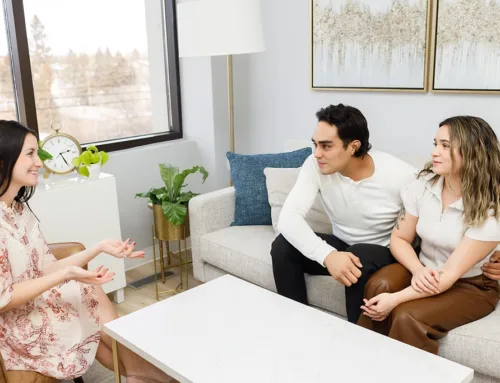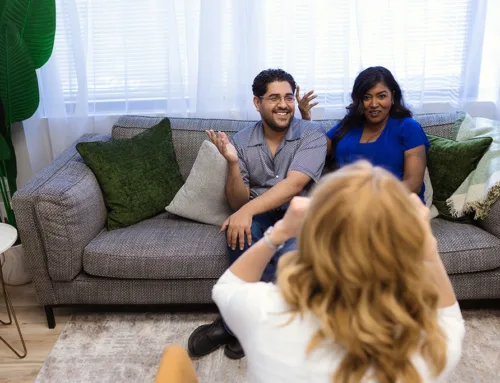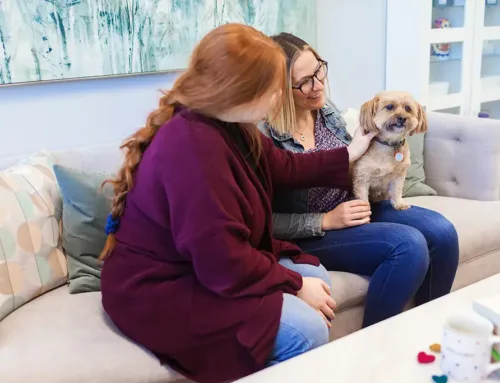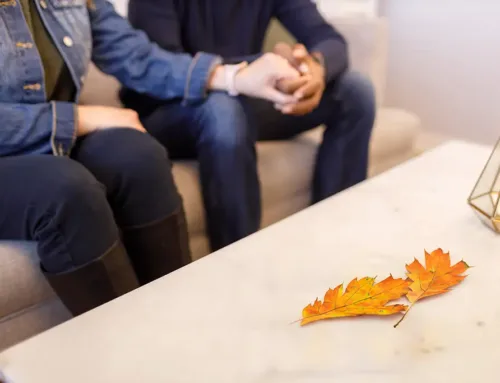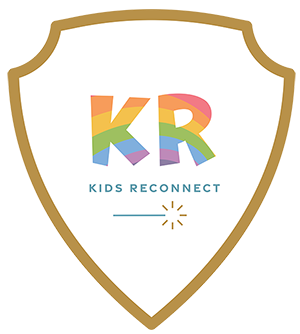Laughter helps keep the spark alive
Tips to turn up the playfulness
In this blog post, our couples therapist Natalie Bergman talks about the importance of playfulness and humour in relationships.
Meet the author
Natalie Bergman, DCP, RPsych
COUPLES THERAPIST
Meet the editor
Ana Hoepfner, BEc
COMMUNICATIONS
Do playfulness and humour fan the flames of love?
Of course. Think about the last time your partner made you laugh. Does this happen every day? Once a month? Maybe you can’t even remember the last time? Perhaps once a year?
Now — how many times have you made them laugh in the last few days, weeks, or months?
In any long-term relationship, it’s easy to fall into the routine of daily life and forget the lightness that once made the relationship feel effortlessly joyful.
Humour and playfulness are seriously important for keeping your relationship strong!
Research shows that shared laughter isn’t just about having fun—it’s a powerful bonding tool that deepens connection and relational security. Humour is often a key ingredient in attracting romantic partners and maintaining relationship satisfaction over time. Couples who laugh together feel closer, more supported, and enjoy better relationship quality. (Hall, 2017).
Integrating play and humour into your relationship doesn’t have to be complicated.
It could be as simple as:
- inside jokes,
- playing a board game,
- or even planning a date with a fun twist.
The key is to make time for moments of joy and lightness, especially during stressful periods.
Couples who consistently engage in playful interactions often experience more satisfaction in their relationship over time (Hall, 2017). Humour can also contribute to better physical and mental health, as it reduces stress and promotes well-being. By laughing together, couples create positive associations and build a foundation of shared joy that strengthens their bond.
References
Hall, J. A. (2017). Humour in romantic relationships: A meta-analysis. Personal Relationships, 24(2), 306-322. https://www.researchgate.net/
Knock knock
— Who‘s there?
— OLIVE!
— Olive who?
—“Olive” you so much, and I want us to laugh out loud together all the time, like we used to.
